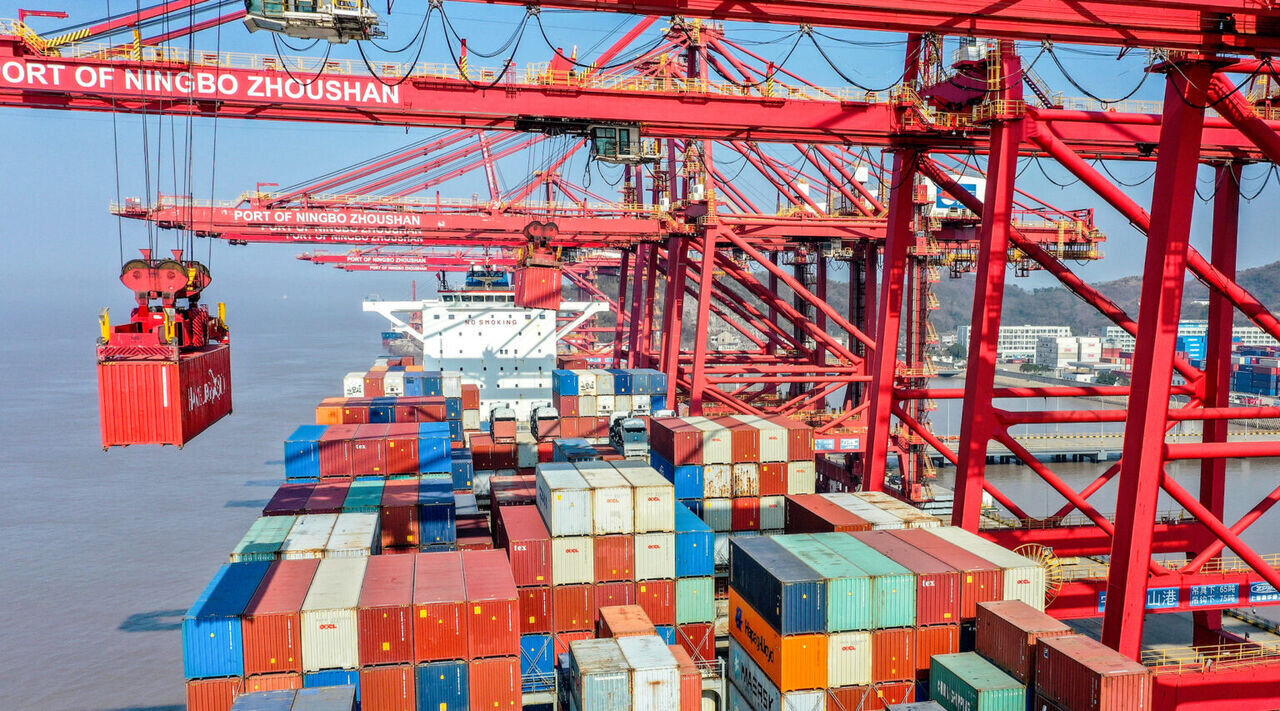
Similar Posts
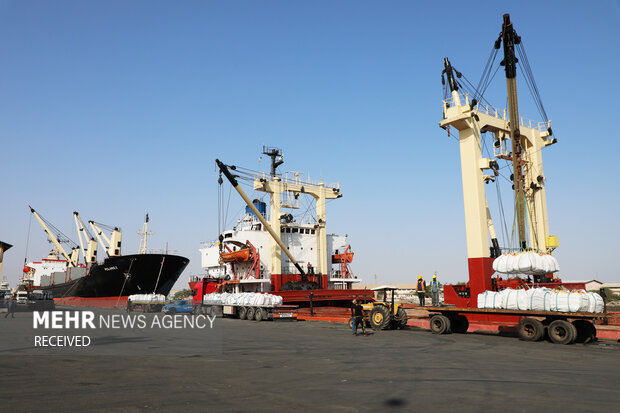
Iran-Uzbekistan Trade Soars: Exports Exceed $410 Million, Says Ambassador
In a recent meeting, Mohammad Ali Eskandari emphasized the competitive advantage of Iranian goods in Uzbekistan, highlighting the strengthening economic ties between the two nations. An Iranian trade center has been established in Uzbekistan to enhance trade opportunities, particularly in pharmaceuticals, where Uzbekistan meets 40% of its needs domestically. Collaborative efforts between the health ministers of both countries aim to elevate healthcare standards. Eskandari noted Uzbekistan’s strategic location and diverse market as key factors for trade growth. The discussions showcased mutual benefits and the potential for increased Iranian market presence, ultimately fostering economic development in both nations.
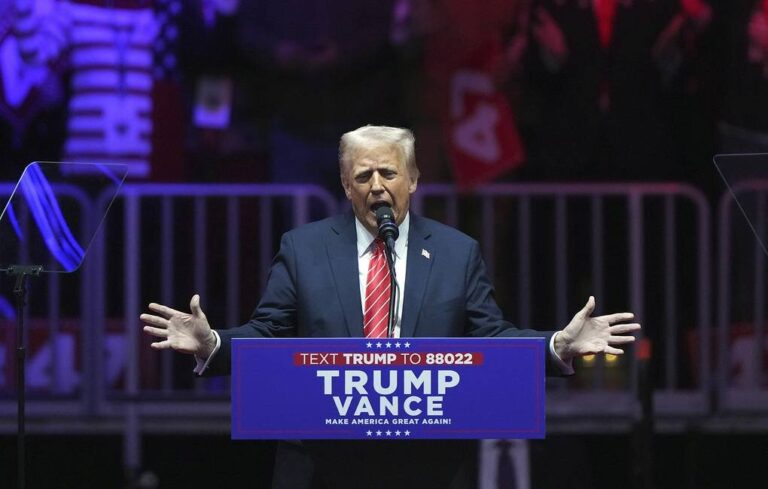
EU Slams Trump’s ‘Hurtful’ Tariffs: A Call for Fair Trade Practices
The recent US decision to impose tariffs on Canada, Mexico, and China has triggered significant global reactions, especially from the European Union, which expressed regret over the move. EU officials warn that such tariffs could escalate trade tensions and lead to increased consumer prices. Former President Trump hinted at further tariffs on the EU, raising concerns in international trade circles. Tariffs, while aimed at protecting domestic industries, can disrupt global supply chains and hinder economic growth. As the situation evolves, diplomatic engagement and potential retaliatory measures from the EU could shape the future of international trade dynamics.
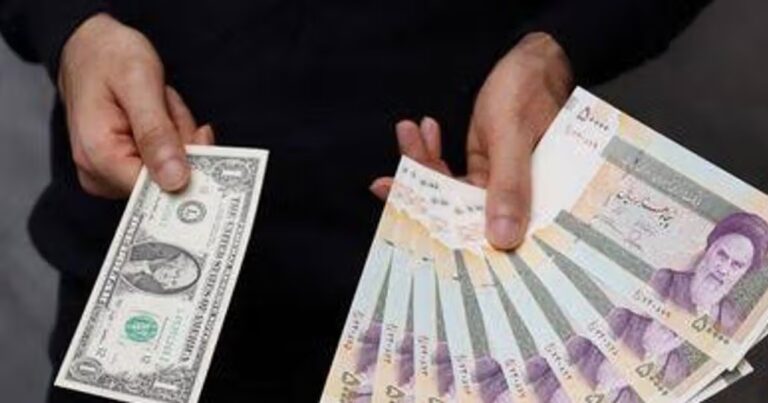
US Blames Sanctions for Devaluation of Iran’s Currency
Iran is facing severe economic turmoil, largely attributed to US sanctions that have caused the rial to plummet to record lows against the dollar. The US State Department has highlighted how these sanctions hinder Iran’s budget adherence and access to essential goods and technology, exacerbating soaring inflation and diminishing citizens’ purchasing power. Additionally, Iran is grappling with critical energy shortages, leading to frequent power outages. The Iranian government’s struggle to manage these crises raises concerns about its effectiveness, while critics argue that sanctions have inadvertently allowed China to increase imports of sanctioned Iranian oil, questioning the sanctions’ overall efficacy.
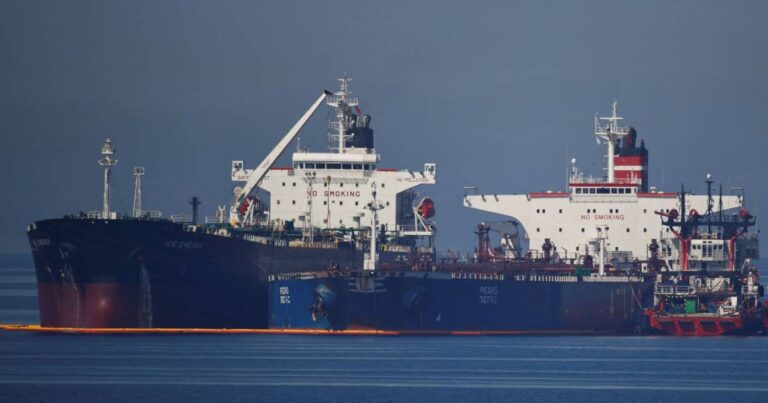
US Moves to Seize $47 Million in Iranian Oil Profits Tied to IRGC Activities
The US Justice Department has filed a civil forfeiture complaint to seize $47 million from the sale of nearly one million barrels of Iranian oil, allegedly benefiting the Islamic Revolutionary Guard Corps (IRGC), designated as a terrorist organization. The complaint details deceptive tactics used to disguise the oil’s origin and falsified documents misrepresenting it as Malaysian. The investigation, led by the FBI and Homeland Security, aims to disrupt financial support for terrorism linked to the IRGC. This action ties back to former President Trump’s maximum pressure policy on Iran, while current sanctions enforcement under Biden has reportedly loosened, increasing Iran’s oil revenues.
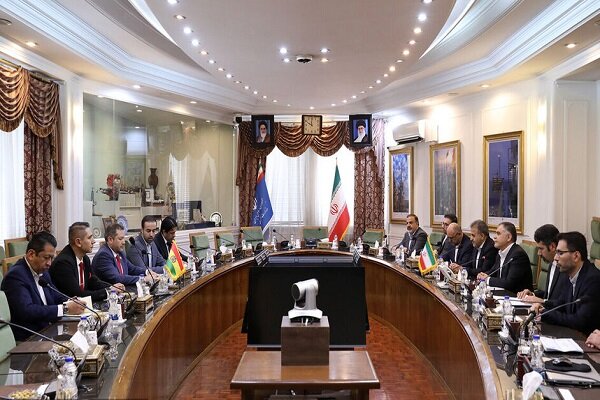
Iran and Bolivia Boost Oil Cooperation: A Strategic Partnership for Energy Growth
In a pivotal meeting, Mohsen Paknejad of Iran and Alejandro Gallardo Baldiviezo, Bolivia’s Minister of Energy, explored collaboration in the energy sector. Paknejad highlighted Iran’s exploration capabilities and expressed readiness to share successful project experiences, while Gallardo acknowledged Bolivia’s strengths in solar power. They discussed the upcoming Iran Expo 2025 as a platform for further cooperation in oil, gas, refining, and petrochemicals. Both nations aim to form technical delegations to enhance collaboration, combining Iran’s expertise with Bolivia’s renewable energy achievements. This partnership reflects a commitment to sustainable energy solutions and knowledge sharing, emphasizing international cooperation in addressing global energy challenges.
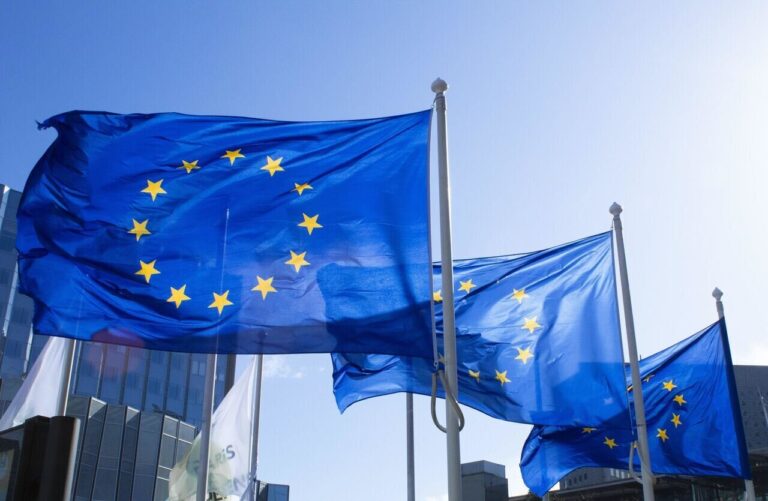
EU Slaps 25% Tariff on US Goods: What It Means for Trade Relations
The EU has announced retaliatory measures against US tariffs on steel and aluminum, following extensive discussions among member states and industries. Officially implemented on April 9, the EU aims to protect its economic interests and manufacturing sector, which have suffered due to US tariffs. The countermeasures will target various US products, impacting approximately $6.9 billion in exports. EU officials emphasize the need to uphold fair trade practices, with potential global trade tensions escalating. While the situation is contentious, it also opens avenues for negotiations to resolve disputes and foster cooperation in international trade.